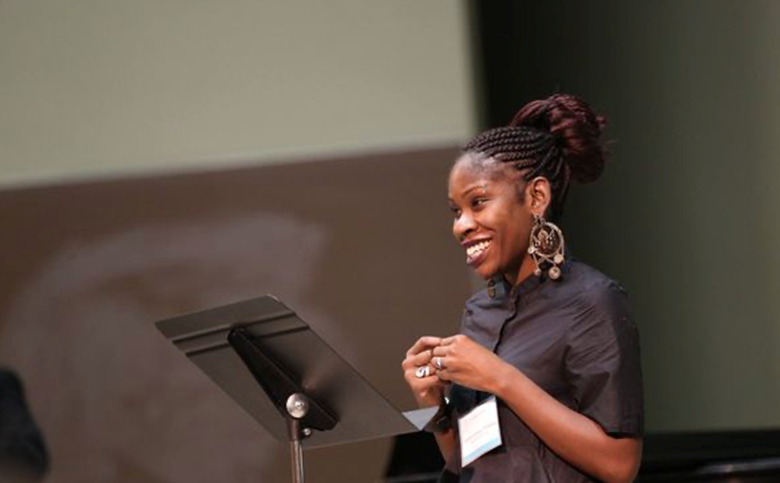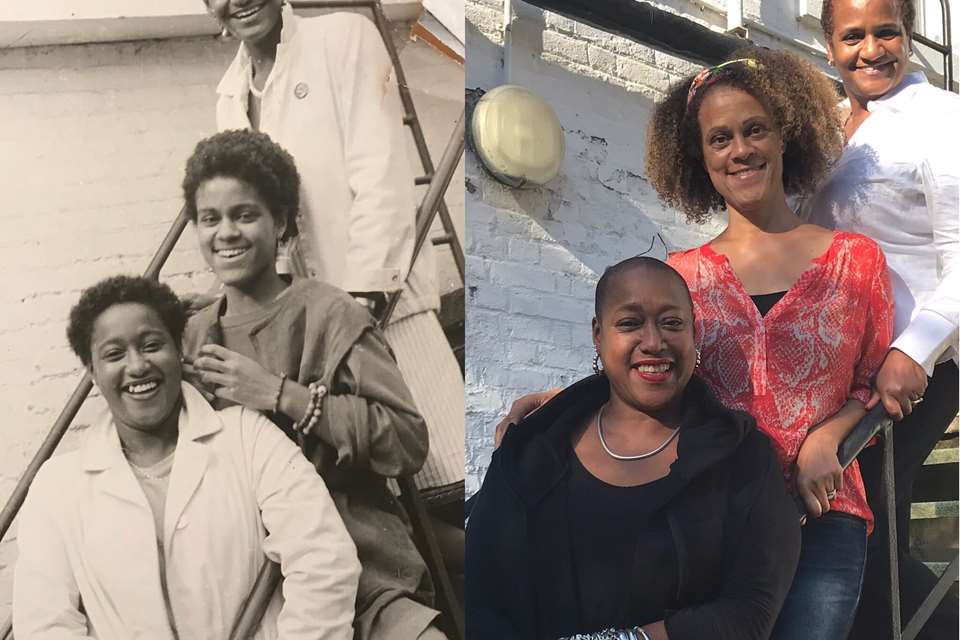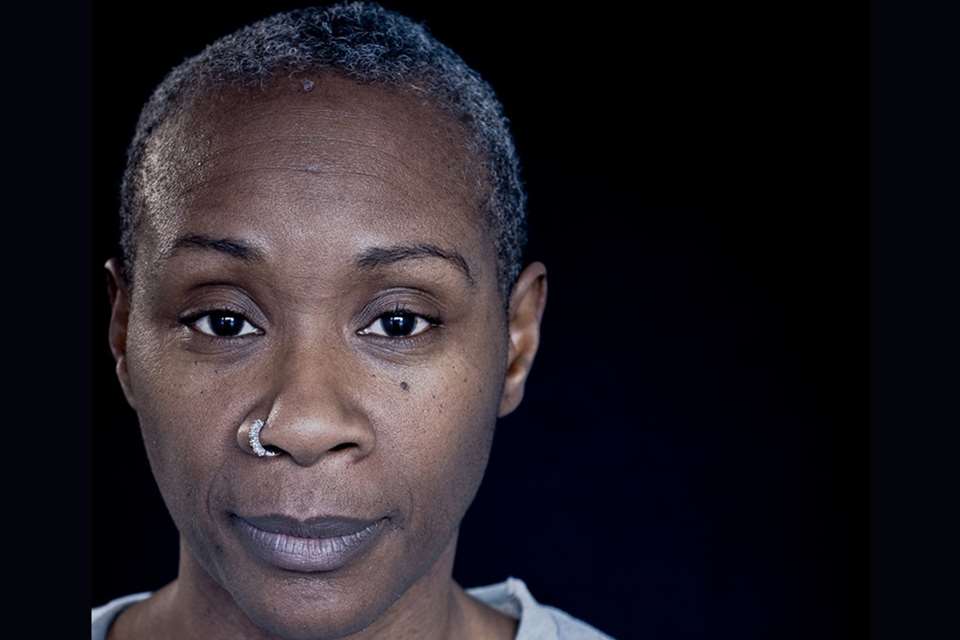Q&A: Simeilia Hodge-Dallaway on diversity and representation in the arts
Monday, March 8, 2021
'No student should have to leave their culture at the front door of any institution' - on International Women's Day, we speak to Simeilia Hodge-Dallaway about her work towards a more diverse future in the arts.

D&T: Happy International Women’s Day! As you look ahead, what do you most hope for for women in the arts in the coming year?
SH-D: More visibility, opportunity and recognition for all the transformative work that they do. Women in the arts, especially women of colour, have been leading the way for many years. I want to see the talent pool expand to a greater number of female leaders of colour to join women such as Hannah Azieb Pool, Maria Oshodi, Indhu Rubasingham, Stella Kanu, Deborah Sawyerr, Josette Bushell-Mingo, Bernadine Evaristo, Chinonyererm Odimba, Lynette Linton, to name but a few.
There also needs to be more work to provide equitable rates, resources and employment opportunities for aspiring leaders, at the same rate as our white counterparts.
D&T: As founder of Artistic Directors of the Future you’re a leading figure in effecting change from the top down: can you share a success story or two since the charity’s founding in 2014?
SH-D: I am proud to say that ADF has made significant and seismic changes since it started in 2014. In 2016, I designed the inaugural preeminent artistic director takeover entitled Up Next which catapulted six ADF members into positions of power in two iconic theatres in London: Bush Theatre and Battersea Arts Centre.
This hands-on, first of its kind initiative resulted in Tarek Iskander's leadership appointment as the CEO and artistic director at Battersea Arts Centre. The initiative became a sea-change for other organisations to take a closer look at their succession planning and to review their talent pool of potential successors for their organisations. It also enabled us to consider our own succession plans, which resulted in an adaptation of the model to provide the same leadership development opportunity at ADF. Moreover, the initiative was supported by Arts Council England: Sustained Theatre Fund and also enabled our organisation to gain support and build a relationship with Garfield Weston, Esmée Fairbairn, Foyle Foundation and Paul Hamlyn Foundation.
Another success story pertains to our diversifying boards work. In 2020, ADF was awarded the Innovation Award at The Stage Awards for its work on diversifying arts boards, including our pioneering board shadowing programme. We were the first organisation to focus on boards by demystifying the roles and responsibilities as well as brokering fruitful relationships between aspiring trustees from our ADF network and national arts organisations. I am pleased that the programme resulted in our members being appointed onto arts boards in London and greater London venues.
D&T: Like all arts organisations, Artistic Directors of the Future will inevitably have faced enormous challenges to its work in a global pandemic. What have some of those challenges been, and how have you overcome them to continue towards your aims?
SH-D: We were fortunate to gain the support of our funders through emergency funds and top up recovery grants to sustain our organisation through the pandemic. Similar to many arts organisations, we had to create a handful of different cash-flow scenarios to mitigate any risk to our organisation, staffing and activities, as well as adapt the timeline for activity, which resulted in reducing the staff working days/hours for a short period and a postponement of our Board Shadowing programme.
However, what helped us overcome some of the toughest moment in the pandemic, was our ability to remain agile and also, we had already planned to transfer our offline activity to online (including our highly demanded ‘How to Start a Theatre Company’ programme) and build more online content with the aspiration of increasing accessibility to our training and development programmes.
The pandemic forced us to speed this work up. We launched the first arts leadership e-learning platform ‘ADF Bite Size’ during the pandemic, to provide our members with the tools to develop into cultural leaders in their own homes, at their own speed with our support.
D&T: As we emerge from the pandemic, what is one example of something that schools and/or universities can be doing to ensure that the future of the arts is as diverse and representative as possible?
SH-D: Firstly, I think that we can all learn from listening to students to gain a perspective on their learning experiences and identified needs. Today’s generation of students are inspirational, courageous, outspoken and socially conscious. Many of them have gathered to write a 99-page Anti-Racism action plan – and I encourage all teachers from any educational institution to read, take note and most importantly, take action.
It’s time for teachers and examination boards to practice what they teach and to become a forever student. This means that no student should have to leave their culture at the front door of any institution. It requires teaching staff to learn about plays that are not a part of the current curriculum and thus extend their learning to include plays and other forms of literature to reflect the many different cultures, religions, sexual orientation and beliefs - and to bring them into the classroom to educate their students on world politics, humanity and forgotten histories. Moreover, teachers have to be just as vocal and proactive as the students in creating lasting change within their institutions and other schools/colleges/universities.
I recently attended a brilliant workshop delivered by the extraordinary and inspirational leader Carmen Morgan (Director at artEquity) who said, in order for change to happen, you have to be willing to change. I could not agree with her more. Many people, sadly, say that they want change, but are unwilling to move out the way to make it happen.
Change is not hard, it’s simply a question of how much or how little you’re willing to adjust to a new way of thinking.





